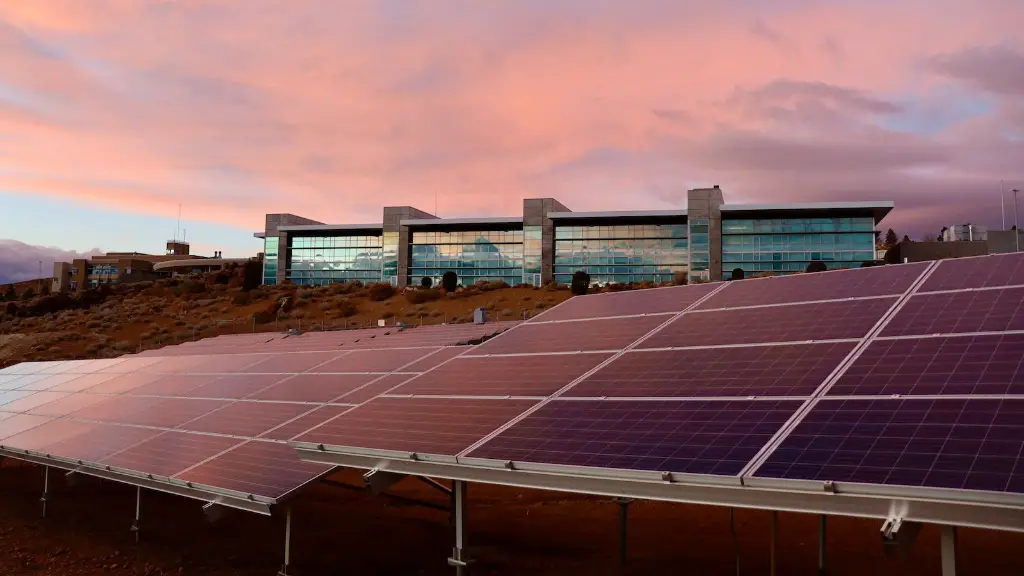Climate change is one of the greatest challenges facing humanity today. Global warming is the process whereby the average temperature of the Earth’s atmosphere and surface has been gradually increasing since the pre-industrial era, causing drastic impacts on the environment. As recent changes in the climate become more and more apparent, it is important to understand the implications of this phenomenon on the environment and establish ways to mitigate its impacts.
The most significant environmental effects of global warming involve melting land and sea ice, rising sea levels, altering global air and water circulation patterns, and changing weather patterns and precipitation levels.
As the global temperature continues to rise, snowcaps and glaciers at high altitudes and high latitudes are melting. Melting ice contributes to sea level rise, increasing the risk of coastal flooding, storm surges and coastal erosion. This could cause long-term loss of marine habitats, such as salt marshes and coral reefs, as well as displacement of coastal communities.
In addition, global warming can result in more frequent and intense extreme weather phenomena, such as heatwaves, droughts, hurricanes and tornadoes. This can lead to severe water shortages, soil erosion, and loss of plant and animal life. Heatwaves are particularly problematic, increasing the risk of heat-related illnesses, forest fires and other hazards.
Global warming is also causing ocean temperatures to increase, leading to changes in marine ecosystems, such as disruption of migration patters, colonization and extinction of aquatic species, and reduced oxygen levels. The ocean is integral to regulating the Earth’s climate and these changes could have far-reaching impacts on the planet’s delicate balance.
On the other hand, global warming can also have positive environmental benefits, such as longer growing seasons, improved agricultural yields, and fewer winter storms. This can create more favorable conditions for outdoor recreation, such as skiing, camping, hunting, and fishing. In addition, warmer temperatures can allow for increased biodiverse and larger ecosystems, leading to improved air and water quality.
Despite some of the potential benefits of global warming, it is critically important to understand the long-term impacts of climate change and take action to reduce its impacts. To mitigate the effects of global warming, nations must implement policies to reduce greenhouse gas emission, increase renewable energy production, and transition to a low-carbon economy. Additionally, individuals can reduce their carbon footprint by consuming less, driving less, and using energy-efficient appliances. By working together, we can drastically reduce the effects of global warming and ensure a healthier and more sustainable environment for future generations.
It is clear that global warming has the potential to cause serious environmental damage. Nevertheless, if we take strategic steps to reduce its impacts by transitioning to a low-carbon economy and adopting more sustainable lifestyle, we can greatly reduce the risks and start to benefit from the potentially positive effects. By doing so, we can leave a clean and healthy environment for our children and future generations.


